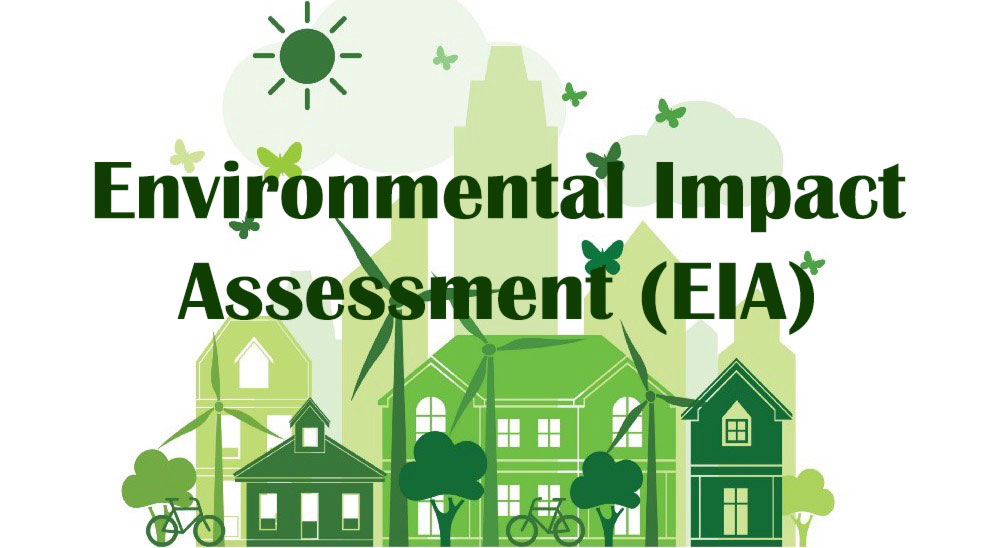Essentially, environmental impact assessment (EIA) is an environmental decision support tool, which provides information on the likely impacts of development projects to those who take the decision as to whether the project should be authorised. The purpose of an EIA is to determine the potential environmental, social, and health effects of a proposed development, so that those who take the decisions in developing the project and in authorising the project are informed about the likely consequences of their decisions before they take those decisions and are thereby more accountable. It is intended to facilitate informed and transparent decision-making while seeking to avoid, reduce or mitigate potential adverse impacts through the consideration of alternative options, sites or processes.
EIA forms part of the spectrum of environmental assessment (EA) processes. Whilst EIA relates to specific projects, EA is a generic term, which also incorporates strategic environmental assessment (SEA) of policies, plans, and programmes, and other forms of assessment.
